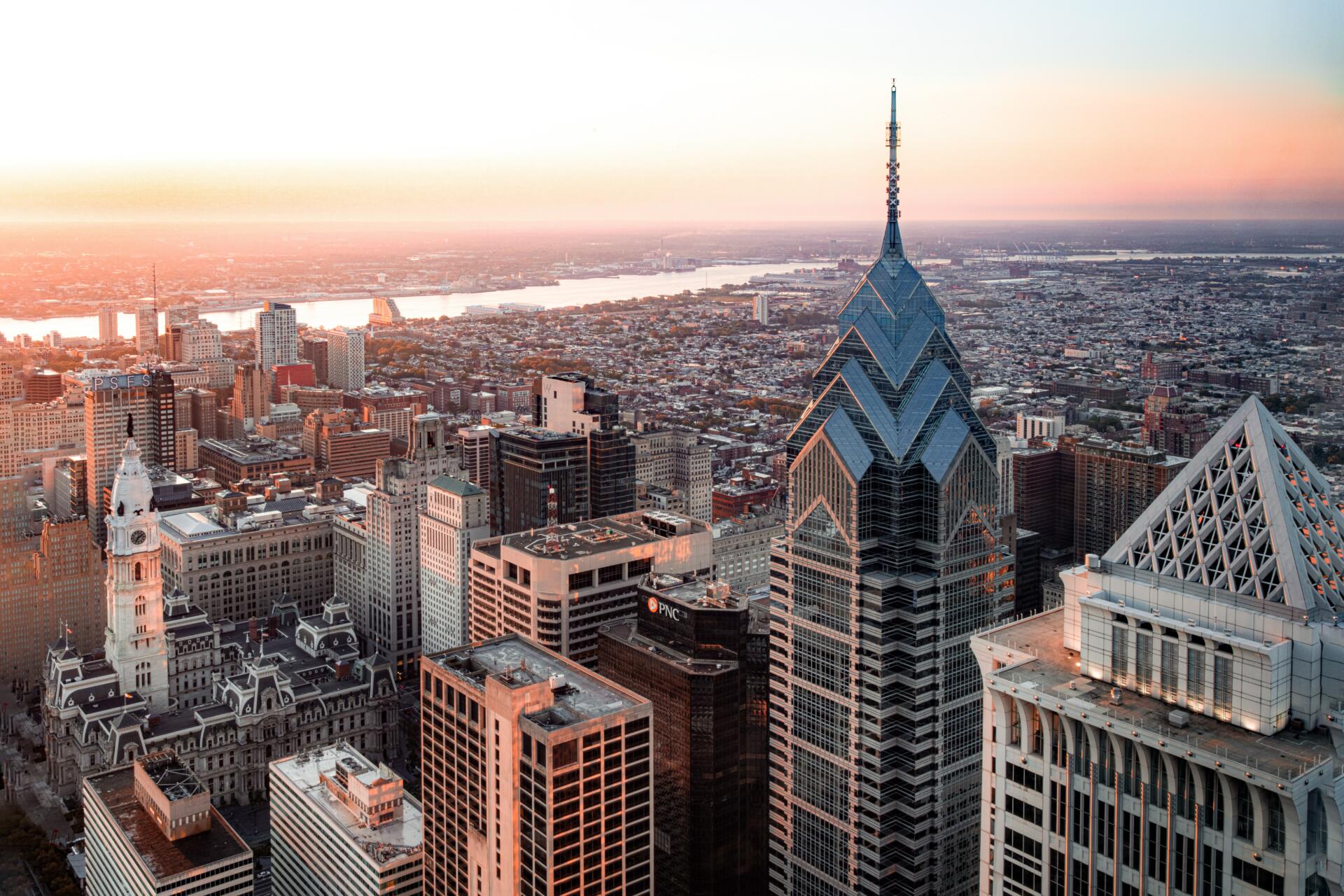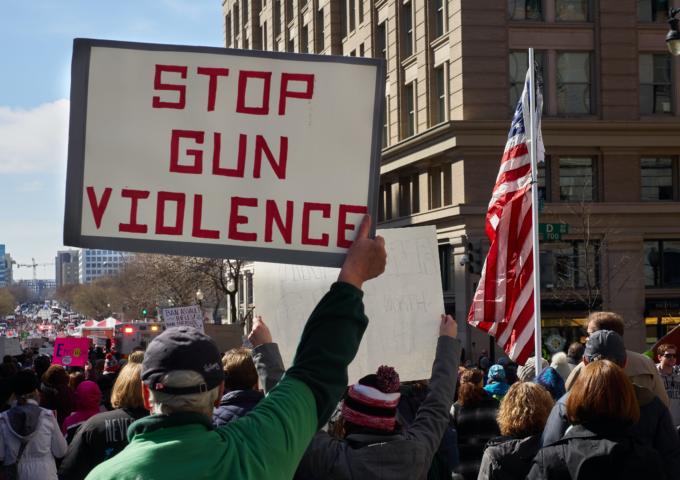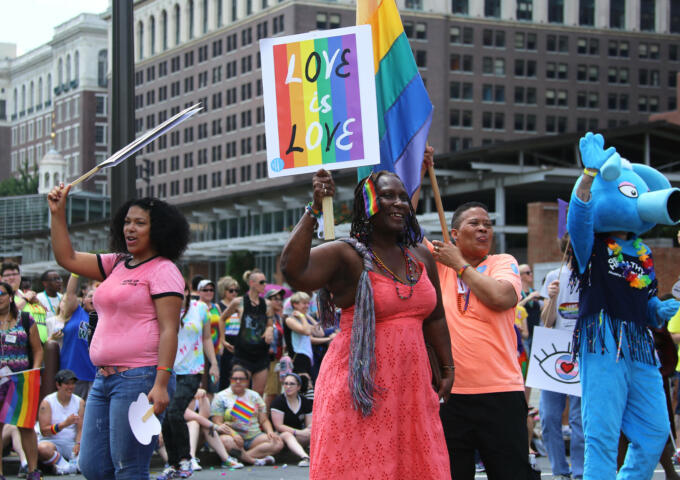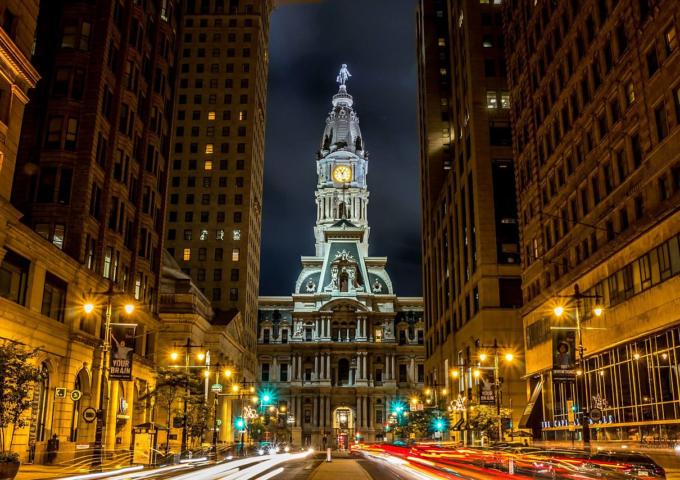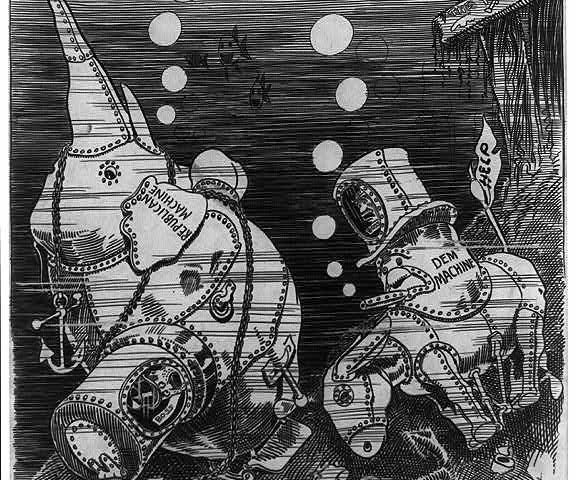What could Philadelphia look like in 20 years?
The struggle of this city is that, too often, it’s stuck looking toward the past, gazing at its former glory. The political alliances are too ingrained, the machine humming along too nicely for those it benefits, to imagine something better.
With such a political monoculture, it’s easy to get complacent. With the overwhelming Democratic control of the city, local politicians can ignore disgruntled citizens. It’s not like they’re gonna vote for the other guys. The Republicans of this city are too feckless to do anything. Even if they’d stumble into an election win, would they actually want the power? Criticism is easy, but problem-solving is hard.
What’s needed is a positive vision of the future, of what Philly could be.
To begin with, the city needs a cleaner government. Voters need to rein in City Councilmembers who treat the city as a series of mini-fiefdoms. It is absurd, for example, that “councilmanic prerogative” still exists.
Is this the 19th century? Letting City Council treat publicly owned land as a slush fund is so cartoonishly corrupt that defending it should be seen as equivalent to shooting a puppy. It undermines the zoning code and breeds abuse of power. I can’t believe that we have to even debate this. Anyone on City Council who wants to keep councilmanic prerogative doesn’t deserve a seat there.
A cleaner government is needed, but so is a cleaner city. That means making Philly less car-centric. Adding bus lanes and bike lanes, and not treating speeding through the city as a human right, would make the city safer, more accessible, and create opportunity. It’s hard to find a good job if someone doesn’t own a car and the nearest bus runs every 40 minutes. Free street parking cannot be sacrosanct. This does not mean the city needs to be Amsterdam—it simply shouldn’t be modeled after highways and parking garages.
Bus lanes need to be greatly expanded—the pitiful five-block “bus lane” on Market Street and JFK Boulevard is an insult, not an innovation. New bus lanes should be measured in miles, not blocks.
The laughably low $35 annual fee for a street parking permit should be raised to fund bus and bike lanes: Such a move would get excess cars off the street and make parking easier for everyone else. Running buses more often would better-connect the city and make SEPTA more effective (if its leaders are held to higher standards). Sprawling masses of buildings are car-centric; actual, livable cities are not. These are eminently achievable changes if the loud-but-tiny cliques are ignored in favor of the public good.
Despite the best efforts of the city’s economic policies, people have flocked to Philadelphia in recent decades. Government corruption and transit issues matter for long-term growth, but so does making it easier to start a business and attract talent.
Philadelphia needs to become competitive with its neighbors by lowering business taxes and making it easier for small businesses to grow. As a 2019 study from the Pew Charitable Trust noted, only New York, San Francisco, Boston, and Denver had higher tax burdens on its citizens. No wonder, then, that companies love to bypass the city for the suburbs. The convoluted process and paperwork for starting a business, too, makes it harder for people who stay in the city to make it better.
Higher taxes won’t make the city better—economic growth will. Local politicians need to revamp these foolish policies and stop promising corporate welfare to any behemoth that hints at relocating to the city.
Yet, even with high taxes, residents have one bill that’s worse: the cost of housing.
As more people have moved to Philly, the city has strangled the housing market by stopping more apartments from going up. Only 2,100 new apartments were built last year. That’s vastly fewer than the 7,800 people who moved to Philadelphia annually over the last decade.
We need to build 10,000 units per year just to keep pace with rents. To make rent more affordable, we’d need about 15,000 units going up annually.
The mayor and City Council have ignored this housing crisis. Loosening zoning restrictions citywide (not just in poor- and middle-class neighborhoods) and simplifying the permitting process is crucial. As it stands, the powers that be would slow-walk us into the future renting hell that is San Francisco and Manhattan.
In 20 years, this city could make great progress on all of the above issues. Population and economic growth, a cleaner city government and a greener city, and affordable housing are all realistic goals, not far-out dreams of a parallel universe. But first, we need to demand better from those in power and reject complacency.
